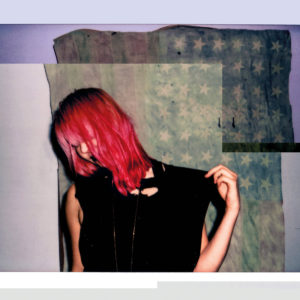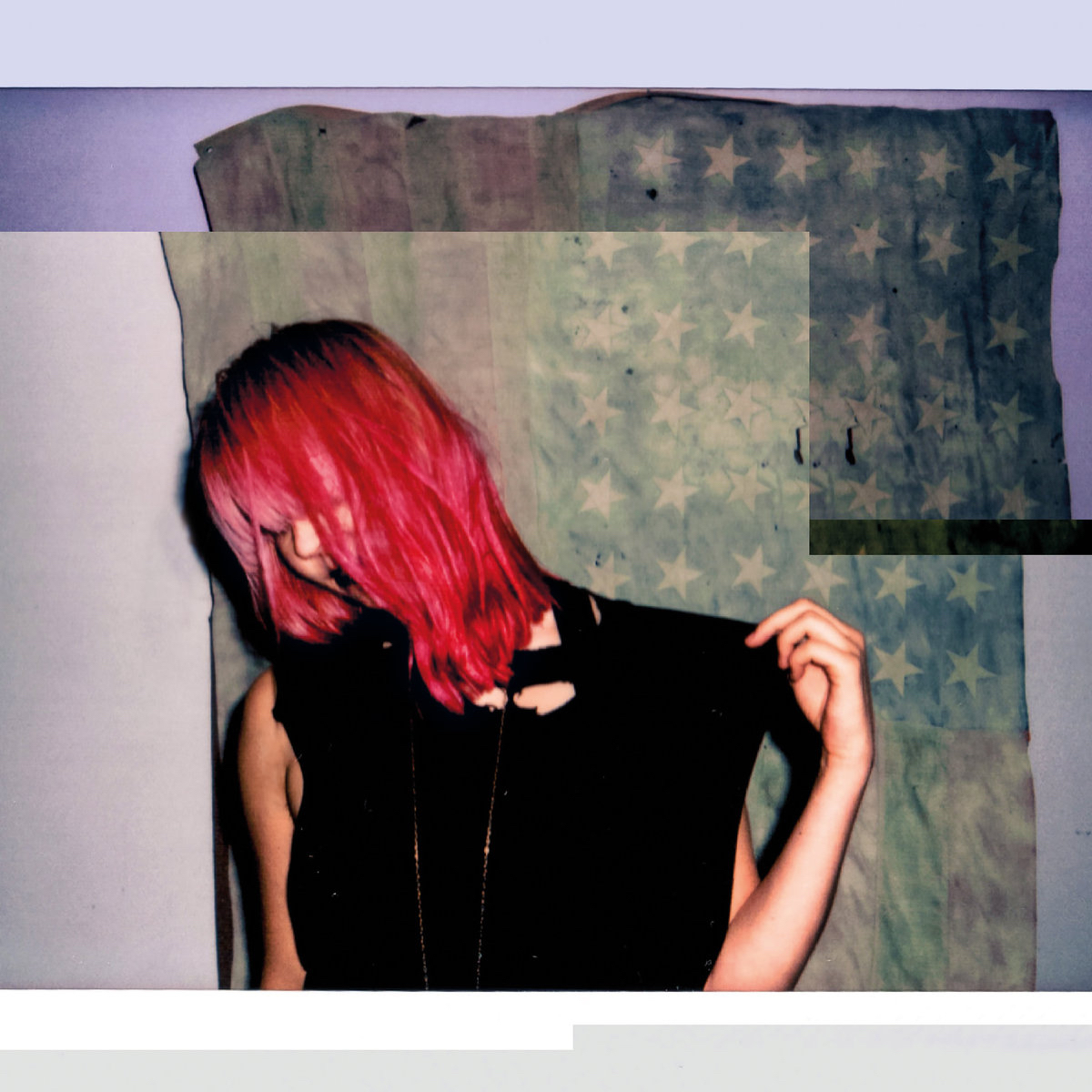 EMA
EMA
Exile in the Outer Ring
CITY SLANG
7/10
The past several months have shed a great deal of light on rural Americans who weren’t excited by Hillary Clinton, who have felt left behind for a long time as their factories shut down and their drug problems exploded. But there is, of course, a middle ground between the city and the country. EMA, also known as Erika M. Anderson, names it in the title of her latest album, Exile in the Outer Ring. Millions of Americans priced out of cities and forced into the sprawl know it well. On Twitter, Anderson defined it as “the new [a]merican suburbs… Bland big box stores next to the best mexican food in a strip mall. It’s aesthetically neutral. It’s a political question mark.”
Even though it includes songs called “Where the Darkness Began” and “Aryan Nation,” Exile in the Outer Ring was written entirely before last year’s election cycle was in full swing. It’s not a reaction to any of that. It’s an observation from an artist who grew up as the only girl fronting a band in South Dakota’s hardcore scene, one who learned how to shoot a gun at a young age. In other words, it’s a dispatch from a Midwestern woman trying not to fall into the traps of fear and paranoia set for her and her fellow Americans.
The go-to mainstream comparison for EMA’s music has been always Nine Inch Nails; both traffic in experimental electronics and buzzsaw guitar lines. Trent Reznor also grew up in prime outer-ring territory: Western Pennsylvania. But, as Anderson sings on “Aryan Nation,” “Tell me stories of famous men / I can’t see myself in them.” The many men who inhabit Exile are anonymous, and none of them are good eggs—least of all the abuser she confronts in “7 Years” (“For seven years I let you waste me / Before I could finally face it”).
To be a woman anywhere is to have to fight, but in the Rust Belt and the Bible Belt, it can be taken to another level entirely. That’s what Anderson means to bring to light with the very personal Exile, and it’s why the record stands out. “Blood and Chalk” begins starkly, with her voice and a piano. Album closer “Where the Darkness Began” is a spoken-word examination. It’s all uncomfortable, and it’s meant to be.
The outer ring isn’t necessarily a place from which to escape, though. It’s just a place that inevitably is. Anderson’s experience there is her own—songs titled “33 Nihilistic and Female” and “I Wanna Destroy” speak for themselves—but with Exile in the Outer Ring, she’s come out swinging.









